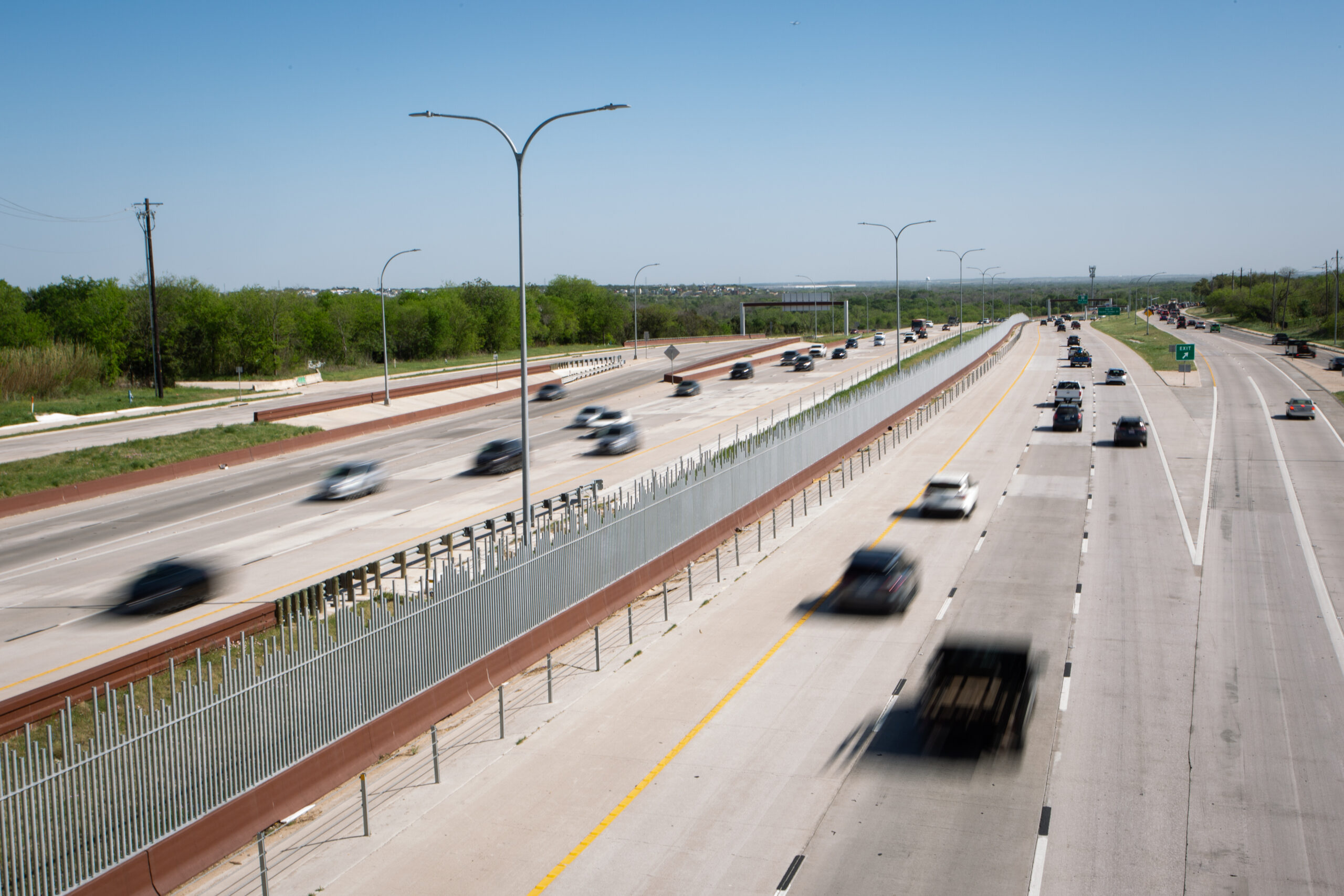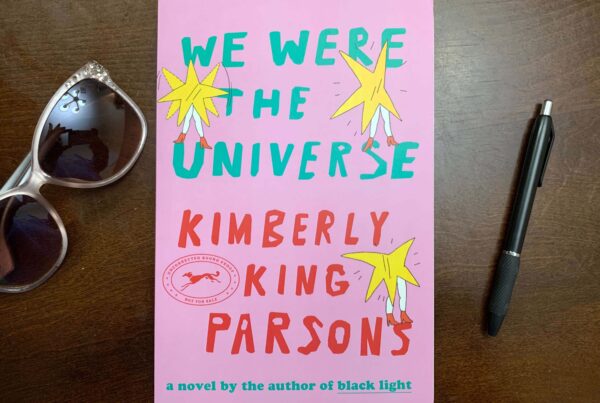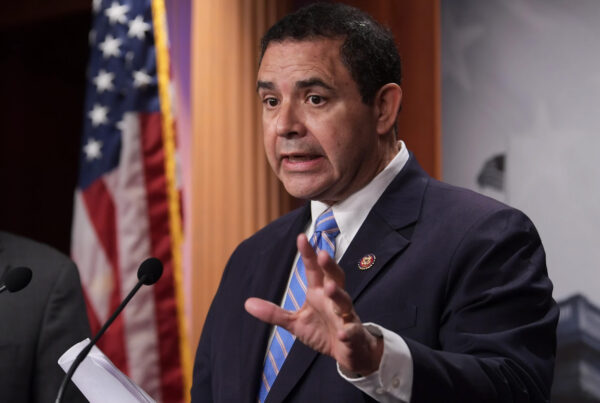If you’ve done much driving around the Dallas, Houston or Austin areas, there’s a good chance you’ve driven on a toll road, or adjusted your route to avoid a toll road.
According to new reporting from The Dallas Morning News, Texas has built more toll roads, bridges and tunnels in the last twenty years than almost all other states combined. Texas also has some of the harshest penalties in the nation for drivers who don’t pay tolls or pay them late.
The Dallas Morning News is publishing its yearlong investigation into how toll roads impact Texans this week. Yamil Berard worked on this project and she joined Texas Standard to discuss. Listen to the interview above or read the transcript below.
This transcript has been edited lightly for clarity:
Texas Standard: Tell us about the scope of this reporting. What sort of data and interview sources did you use?
Yamil Berard: So we spent a year speaking with lawmakers and local elected officials and looking at transportation and population density data from the census and NASA to look at where toll roads are affecting Texans the most. And we also looked at solutions and what other states are doing to lessen the load of toll fees and toll fines.
We also looked at tickets and failure to pay toll tickets. So we looked at over 200,000 tickets in our state. We looked at where they are being cited and where they are living to understand the impact of toll roads on our citizens. And we wanted to better understand how toll roads developed and expanded across the state and how they affect everyday Texans.
Well, all of those are very interesting questions. And that second point that you were just talking about – are there places where more people are getting cited? Could you give us an example of what you found there and how these toll roads are affecting Texas drivers?
We have areas where, for example, people live within a mile of a toll road, but they have to drive in the opposite direction to access a free highway. And those highways are among the most congested in the state.
So while everyone has the option of whether to get on the toll road, there are some areas we cite in our reporting where people have fewer alternatives to free access. And those free roads can be more difficult to get to.
» RELATED: A new book encourages Texans to rethink urban highways
I’m not going to let you off the hook on that. Where are people getting cited? Because I think that’s where a lot of folks are particularly interested, especially if there’s a disproportionate impact on certain communities.
We have a map that’s running with our series, and you can check by zip code and see how many tickets are in your zip code.
We have a map that shows that 40 percent of tickets were lodged against African American drivers, because of where they live. We looked at all these tickets and addresses and the race of the people who have been cited.
So we have that kind of information, and Texans can go on our map and plug in their zip code and then find out – “do I live in a neighborhood where there’s lots of tickets, the average number of tickets, or no tickets at all?”
Yeah, where enforcement is really focused on. But I think a lot of folks are interested in how we got here in the first place. It seems like we have many, many more toll roads than we did just two decades ago. And I’m curious, where did the push come from?
Correct. So, in 2000 we had 4 million people in the Dallas/Fort Worth area, and we had far fewer people in Texas. We’ve had nearly half a million people moving to Texas every year for the last 20 years.
Now we have 30 million people. We’re going to get another 20 million by 2050. That’s what the prediction is. And lawmakers didn’t want to raise the gas tax. And we were really in a desperate situation. We had to welcome these people and build roads for them to get to their jobs. And toll roads were the go-to method.
They did what they were supposed to do. They brought us economic wealth. Texas has 54 Fortune 500 companies. We’re the eighth largest economy in the world, right?
So that’s how we got here. We were desperate. We needed to build roads, and we didn’t have money, so we embraced toll roads. North Texas, by the way, built the roads faster in the last 20 years than any other metropolitan region of our state.
As you were mentioning, this can have a disproportionate effect on certain groups. And I understand that sometimes the effects can be far more devastating than just having a simple unpaid bill or some small fine. Some Texans have lost their vehicle registration or been sent to jail over unpaid tolls.
Yeah, North Texas is the epicenter of enforcement. We hardly saw any tickets in Austin or the Harris County areas. I think they often deal with their tolls in a different manner.
But in our North Texas region, we did see the bulk of the enforcement. More than 200,000 people in a year have their registrations blocked in North Texas. If you don’t appear in court, if you don’t answer your notifications, you will get an arrest warrant. You could be put in jail for tolls. Your car can be impounded if you’re a habitual violator. And if you continue to drive on the tolls, it’s a criminal trespass.
So they take it very seriously when you don’t pay your tolls. And there’s a reason for that as well. Our agencies up here, primarily North Texas Tollway Authority, has $9 billion in debt. And what we’ve been told is they have to collect those tolls to pay off their debts.
I think of the northeast as being a place that has a lot of tollways – Pennsylvania, New Jersey, that area. How does enforcement and the toll business compare with what’s happening in other states?
So we get to that in our series. We have a whole story dedicated to that.
Most states, Florida for example, have very significant toll relief programs. If you’re a frequent commuter, you get your tolls cut in half in Florida. If you’re in New York or New Jersey, they have different types of relief programs. In Illinois, if you are low income, you can take part in a program where your tolls are significantly reduced. There are some amnesty programs, as well, for people who just can’t afford it.
So some people are egregious toll violators, but many people are not. And sometimes the enforcement is overlapping on everyday Texans.













